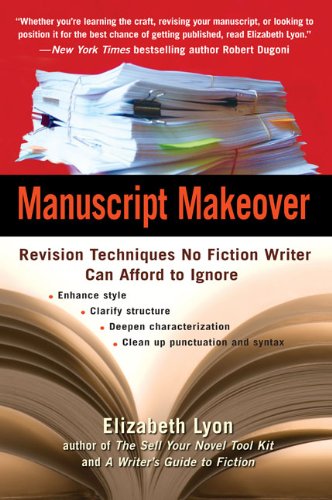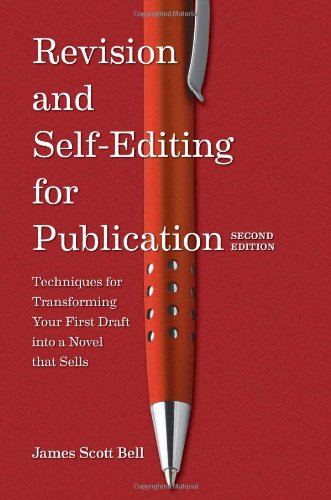"I use Grammarly's plagiarism checker because what I thought was an original idea for a novel about racism and poverty in the South, during the Depression, and told through the eyes of a 10yr old girl whose father is the local lawyer... might already exist."
 |
| Join IWSG and share your insecurities! |
I stupidly thought good novels were created from inspiration, sweat and fairy-dust; that certain authors just had the magic and breathed engaging narratives onto the pages. Of course I was delighted to learn the existence of 'drafts' and that my first one was allowed to 'suck' because I could edit it later. Easy, right?
Ha!
My first manuscript to earn a finished draft was a girl's mystery novel filled with passive language, poor grammar and only one suspect character (not much of a mystery in this who-done-it). I was keen to polish the story, but had no idea how.
I sent it off to an editor. That was a mistake.
What? Wait a minute Charmaine (I hear you ask ... in a kind of a creepy little girl voice), you always recommend getting a professional editor. What gives?
You should get your work edited professionally before publishing, but not before you edit your own work.
My manuscript was in such a mess that after a few chapters of painful interactions back and forth, my editor gave up on it. Truth was, it wasn't ready for the editor yet.
1. You should polish your story as much as you possibly can before you send it out to editors or beta readers. So how can you best edit your own work?
Put your manuscript away for a while, come back to it with fresh eyes.
2. Utilise an editing program for the really obvious problems. Word Spellcheck is very flawed, but will at least get rid of some issues. A better version of this is Grammarly, which I use for my online writing (there's also a check box for you to paste your work on their website).
3. Read books on revising before you take another look at your manuscript. I found these ones very helpful:
Take up a course to find the best strategies for tackling your manuscript. There are plenty offered through writing centres or online.
3. Read books on revising before you take another look at your manuscript. I found these ones very helpful:
Take up a course to find the best strategies for tackling your manuscript. There are plenty offered through writing centres or online.
 4. Study. You can find lots of courses on editing through your writers centre or online. I've said this many times before, Holly Lisle's How To Revise Your Novel is one of the best revisions courses I've ever undertaken (and there's been a few). Check it out, it will teach you so much about strengthening that first draft and tightening your story.
4. Study. You can find lots of courses on editing through your writers centre or online. I've said this many times before, Holly Lisle's How To Revise Your Novel is one of the best revisions courses I've ever undertaken (and there's been a few). Check it out, it will teach you so much about strengthening that first draft and tightening your story.5. Find a mentor. Someone who has more experience and can guide you through your manuscript's plot flaws and show you how to improve it.
Still want more on editing? Check out Denise Covey's guest post on writing, revising and editing at revisionseditions.

















0 comments:
Post a Comment